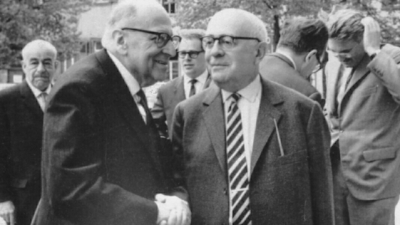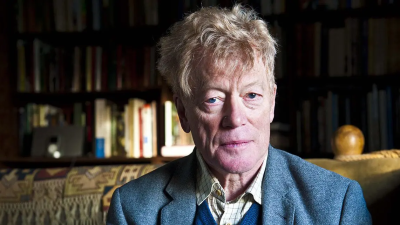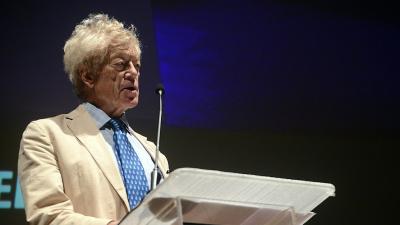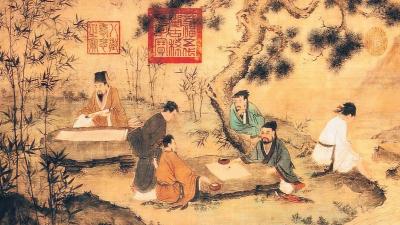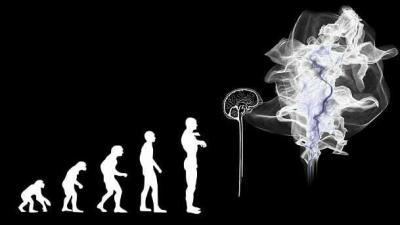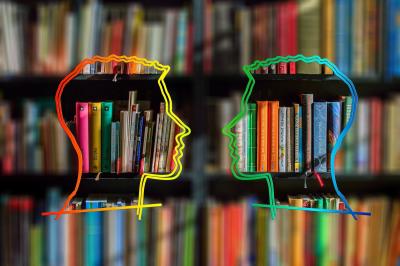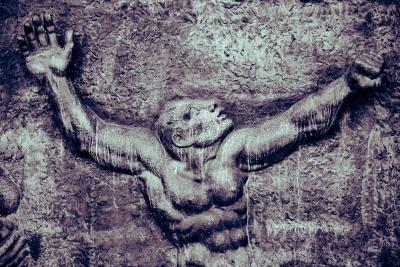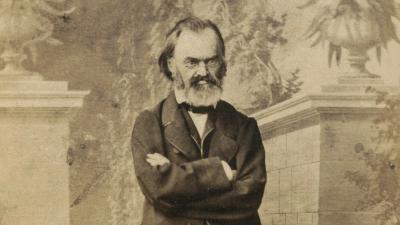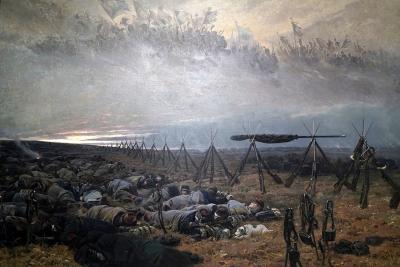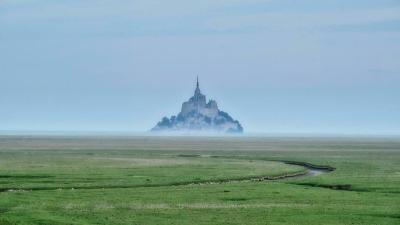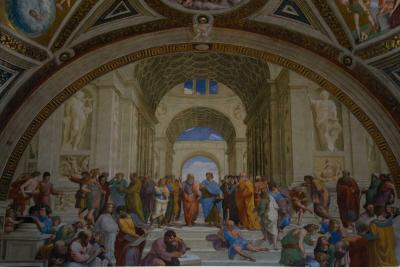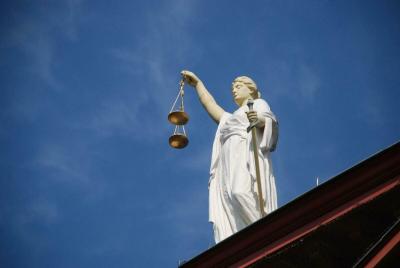Frankfurt School and the Social Disorder
In the last half of the century, a social disorder, emerged in Western societies.
Edward Sołtys
Scruton on Modernity, Tradition and the Paradox of T.S. Eliot
For any early 20th century Western conservative, after the fall of the ancien regime in 1918, and the breakthrough of the modernist paradigm in politics, society and culture, to reconcile modernity and tradition was a probing task.
Ferenc Hörcher
Main Currents in Roger Scruton's Philosophy
Scruton believed that tradition was a living thing that changed, not in response to clamours for novelty, but on the basis of previously unforeseen problems.
Mark Dooley
The Empire Strikes Back: Reflections on Chinese 'Tianxia'
The normal polemic against the so called 'civilisational states' such as China, for example, is that they can be pigeon holed merely as 'authoritarian', that they are, in fact, aberrations on the road to the full model of 'liberal democracy'. It is their inherent 'backwardness', inability to reform, not quite 'all in' on the merits of liberal democracy, that keeps them locked up in Plato's cave.
Brian Patrick Bolger
AI - 2023: The Ghost in the Machine is Out
If we were to ask one dominating question about the Artificial Intelligence debate then it should be this one: What makes human beings special?
Brian Patrick Bolger
Can We Communicate? On Epistemological Incompatibilities in Contemporary Academic Discourse
In 1990 the American philosopher Alasdair MacIntyre published Three Rival Versions of Moral Enquiry: Encyclopedia, Genealogy, Tradition. The last chapter of this book is titled “Reconceiving the university and the lecture,” and it ends with a proposition: in academic discourse we should “introduce” ourselves before we start speaking.



